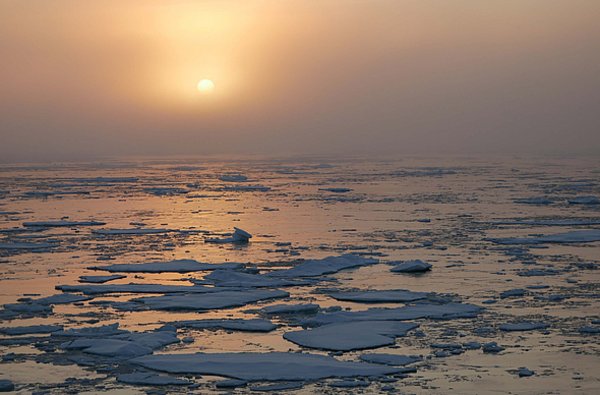
Cause for variability in Arctic sea ice clarified
Using extensive computer simulations, the scientists Dr Dirk Olonscheck, Dr Thorsten Mauritsen and Dr Dirk Notz from the Max Planck Institute for…
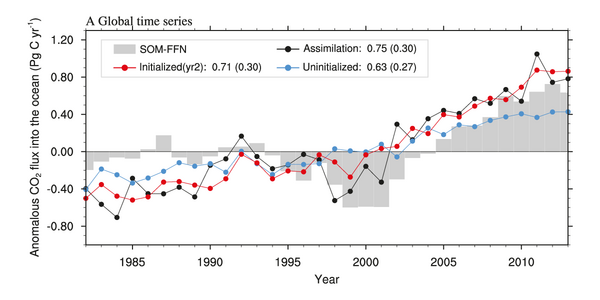
Predicting the variable CO2 uptake by the ocean
The ocean CO2 uptake is predictable for two years in advance, according to new paper in Science Advances by Dr Hongmei Li, Dr Tatiana Ilyina, Dr…
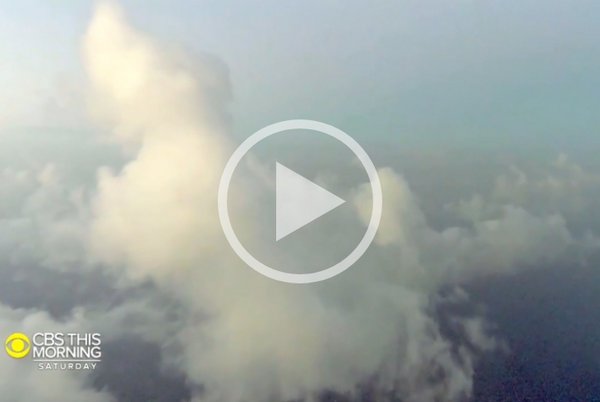
EUREC4A—an international field study to test hypothesized cloud controlling factors influencing weather and climate
From 20 January through 20 February 2020, the EUREC4A (Elucidating the role of clouds-circulation coupling in climate) field study investigated trade…
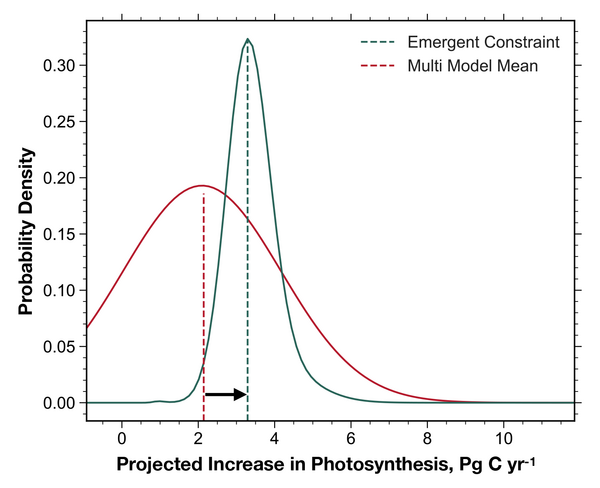
Rising CO2 has unforeseen strong impact on Arctic plant productivity
In a new study, a team of researchers around Alexander Winkler and Prof Victor Brovkin from the department “The Land in the Earth system” at the Max…
![[Translate to English:] [Translate to English:]](/fileadmin/_processed_/a/4/csm_Screenshot_Miklip_a6cebeb932.png)
MiKlip publishes the decadal climate forecasts for 2019–2028 including the annual forecast for 2019
The MiKlip project, led by Prof Jochem Marotzke and coordinated by Dr Sebastian Hettrich at the Max Planck Institute for Meteorology, has made its…
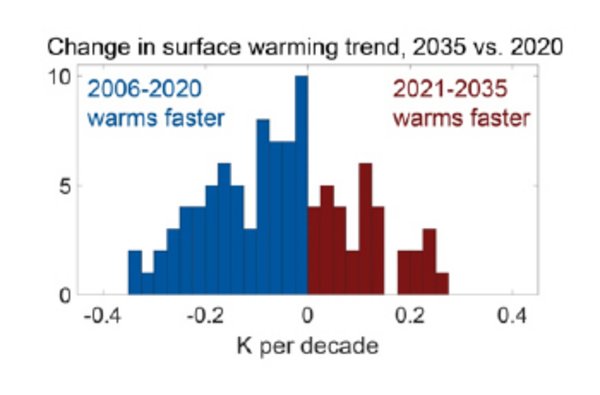
Quantifying the Irreducible Uncertainty in Near-Term Climate Projections
Recently, Prof Jochem Marotzke, managing director at the Max Planck Institute for Meteorology (MPI-M) and head of the department “The Ocean in the…
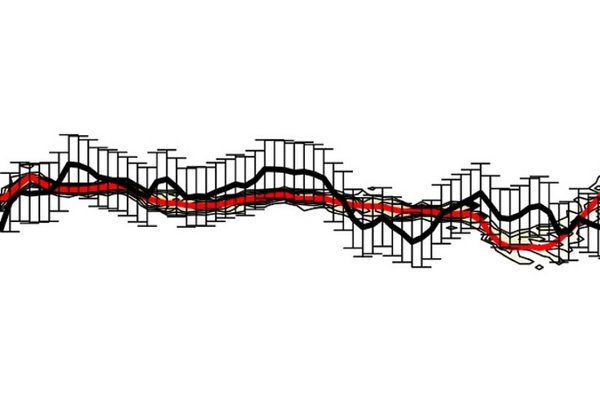
The hiatus in global temperature trends: No systematic error in climate models
Observations suggest a hiatus in global surface temperature since 1998, whereas most climate models simulate continued warming. What causes this…

